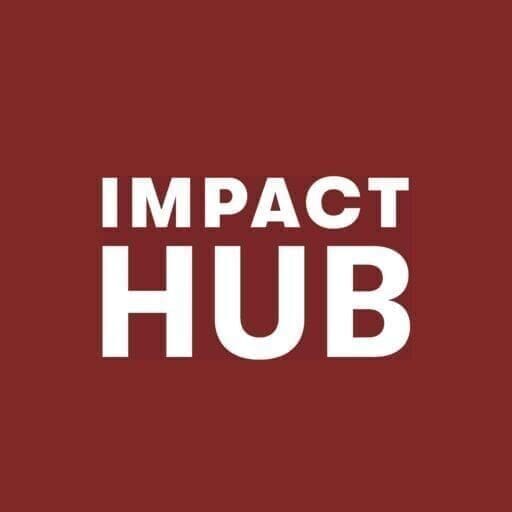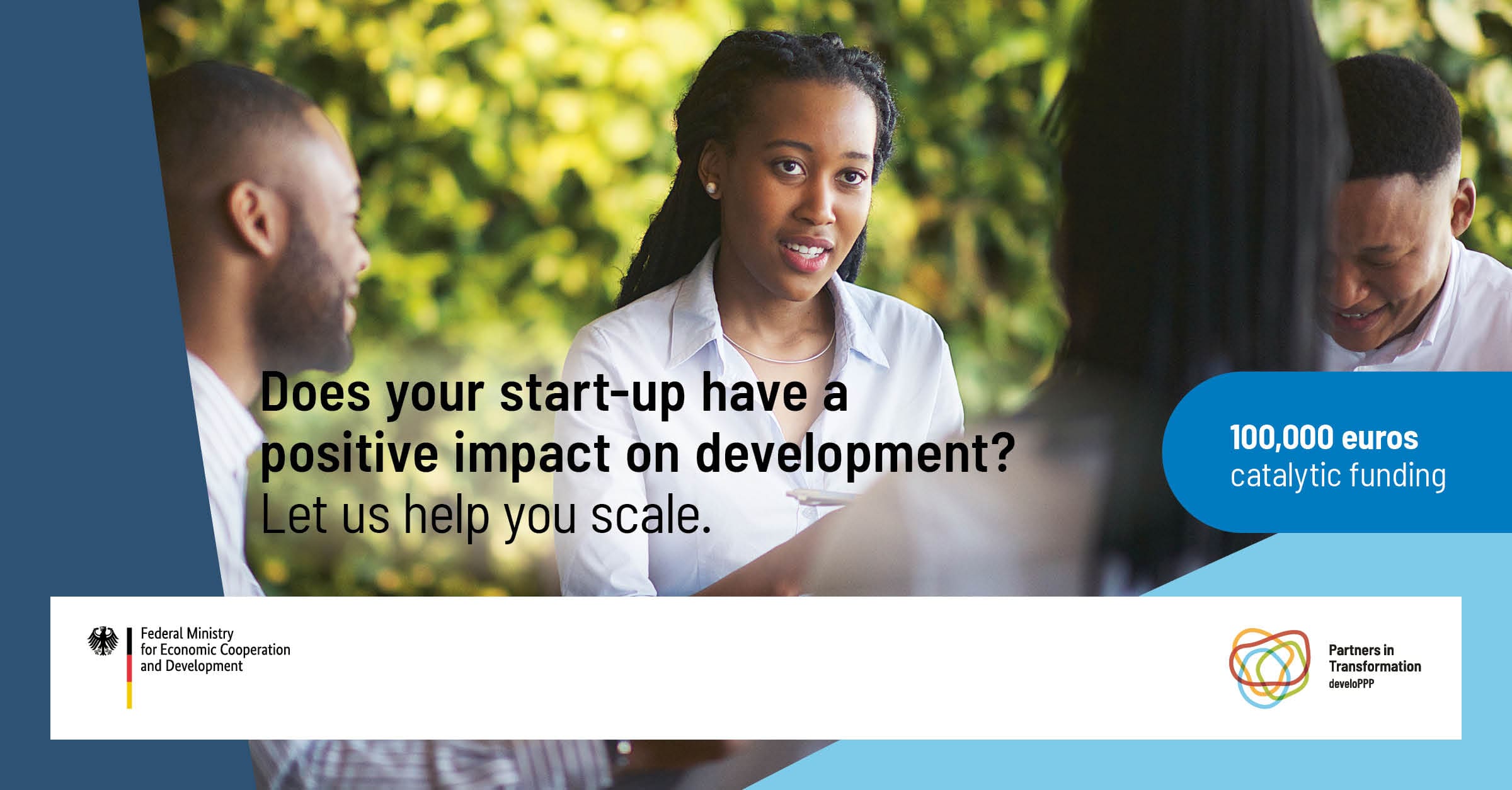Impact Stories: Aflimba 's Journey in the Circular Economy Accelerator Program
In this mini blog series, we catch up with entrepreneurs from our past and ongoing programs to showcase their journey through the program, highlight products or services they provide, and problems they are trying to solve in the community.
In our first episode, we talked to Josue Plante Niyomugenga, founder of AFLIMBA. AFLIMBA is a creative space for rural artisans based in Rwanda to elevate the craftsmanship in rural communities and improve the livelihood of rural artisans while at the same time bringing to life the finest-handcrafted bags. Josue is one of our Circular Economy Accelerator Program participants – an acceleration program to enable entrepreneurs to adopt circular economy principles and test certain innovations in their businesses.
Josue showcasing his innovation on the circularity demo day.
What motivated you to join the Circular Economy Acceleration program?
Josue: About 11 months ago, I had no idea what circular economy was. Actually, I was not even aware of the term. Me being on a newsletter subscription list of Impact Hub Kigali, I received an email about the circularity program and it was talking about the circular economy. In my head, all I could think about was where does Geometry meet Economy [slightly chuckles]? I am a curious person, so I asked Google. The concept was quite interesting and I happened to get to know about it the times when we were trying to find how we can make products that are meaningful and useful to the environment, so I knew that was an opportunity presented at the right time.
What need or problem are you solving and who are your beneficiaries?
Josue: The primary purpose of AFLIMBA’s existence is to elevate rural craftsmanship and improve the livelihood of rural artisans. However, in 2022, we want to push beyond that and do something to preserve the environment and make the earth greener by putting harmful waste to use. AFLIMBA partnered with unemployed women in low-income households to be foot soldiers to collect pairs of jeans that are no longer worn from door to door starting in Kigali, the capital city of Rwanda.
Josue engaging in a workshop during the accelerator program.
Which circular innovation did you test in the program and what impact are you trying to achieve?
Josue: We are repurposing jeans into world-class bags. We call them “Kintsugi limbags”. he word “Kintsugi” comes from the Japanese art of putting broken pottery pieces back together with gold to imply a metaphor for embracing your flaws and imperfections. Kintsugi limbags are made with the primary intention of being environmentally conscious and making the earth greener by putting harmful waste to use. Our artisans re-purpose the dumped pairs of jeans into world-class quality bags. Denim fabrics (fabrics that make jeans) are one of the least eco-friendly clothing fabrics. Though they are harmful, jeans remain the cornerstone of just about any wardrobe. Hundreds of millions of them are produced and sold every year, that’s why AFLIMBA took the initiative of extending the life of their waste by repurposing them into bags. PURCHASING A KINTSUGI LIMBAG IS SAVING THE PLANET ONE BAG AT A TIME.
How did the idea of the circular innovation you tested during the program come about?
Josue: We got to know about the circular economy in the times we were pushing ourselves towards making products that are not only high-quality and impeccable designs, but they are also meaningful and useful to the environment. In the end, we learned that jeans are one of the least eco-friendly fabrics and they can do a lot of harm when they are thrown carelessly into the environment.
Kintsugi limbags, made from discarded jeans.
What are your key highlights from the Circular Economy Acceleration Program, and how did it support your business(either through financial or technical support)?
Josue: The Circular Economy Acceleration Program is beyond the papers, pen and notes you take from different training sessions and workshops we participated in. We got to be introduced to different key players in the circular economy sector, and getting to see how other institutions are approaching their problems inspires you how to approach yours.
How far are you with scaling the circular innovation after completing the 6-months acceleration program, and are there other funds you have received beyond the one from the program?
Josue: We made prototypes which the market reacted with impressive enthusiasm towards them. In a period of a month, they will be among the main bags we are selling to our channels. We are currently expanding the operations so that we can be able to satisfy the market. Thanks to Impact Hub Kigali for introducing us to the Bestseller foundation and providing us with the fund of expanding the operations beyond the prototypes.
Learn more about the Circular Economy Acceleration Program here and subscribe to our bi-monthly newsletter to keep up to date with our latest programs, activities, events and entrepreneurship opportunities.

